On 6 January, Christians in Cyprus celebrate one of the island's most important religious holidays, the Epiphany.
Many people call it Epiphany or Phota Day. It is an official holiday and a day off. This day, which marks the Epiphany of the Lord, plays an important role in the religious and cultural life of the island. It has ancient roots, rich symbolism and many unique traditions that are carefully handed down from generation to generation.
Meaning of the holiday
Epiphany symbolises the consecration of water and the appearance of the Holy Trinity. According to Christian belief, Jesus Christ was baptised by John the Baptist in the River Jordan on this day. During the baptism, the heavens opened and the Holy Spirit descended in the form of a dove and the voice of God announced the Son.
For Cyprus, this day has a special significance as the island is deeply rooted in the Orthodox tradition. Epiphany marks the end of the festive period that begins with Christmas and ushers in a new phase of spiritual life.
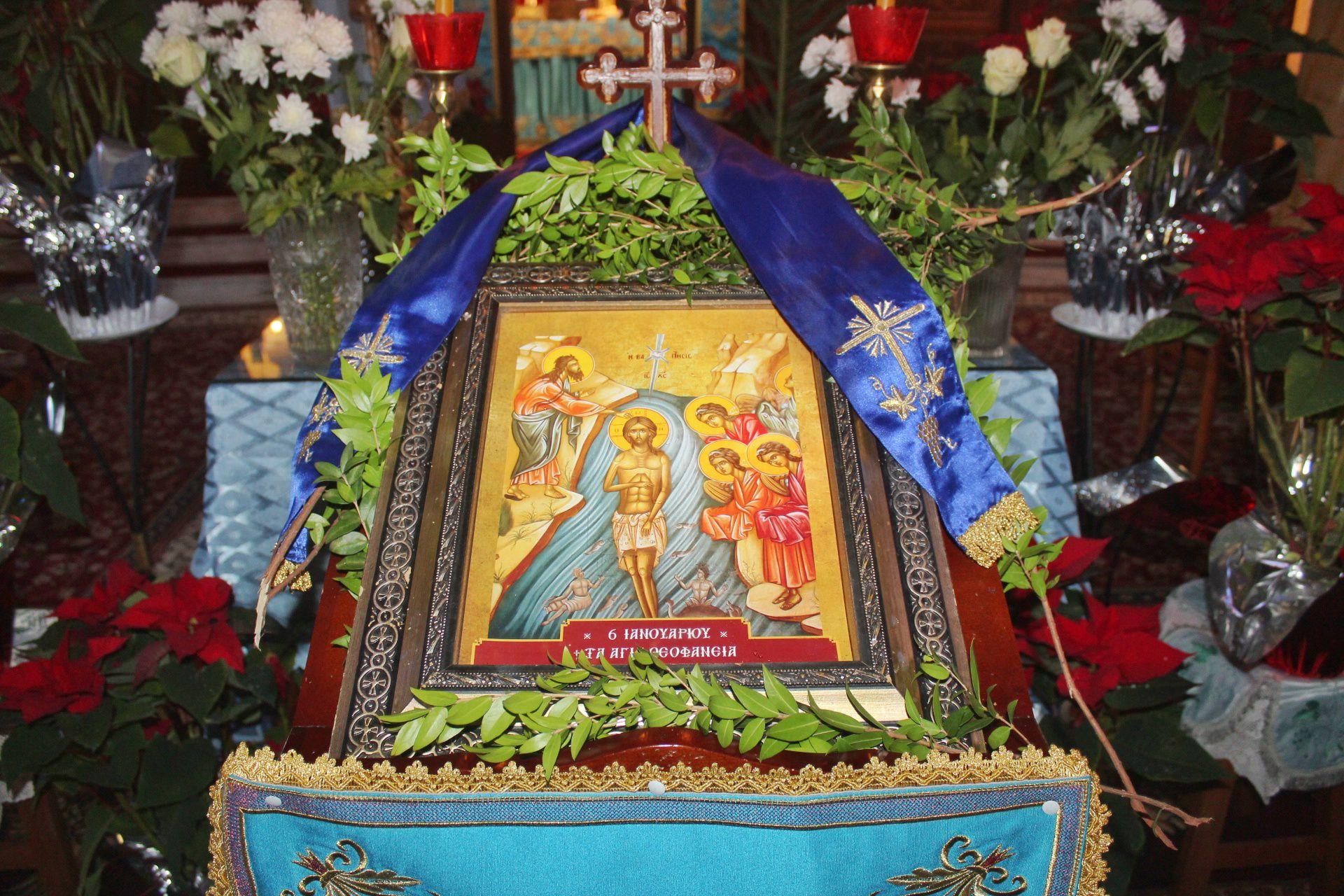
Main Epiphany traditions in Cyprus
Like any religious or popular celebration, Epiphany has been surrounded by a variety of traditions and customs since ancient times. The most important of these are
Church attendance and the blessing of houses
On the eve of the feast, Cypriots gather in churches to receive holy water, which they then take home. With this water they sanctify their homes by sprinkling it on the walls, doors and corners. It is believed that this helps to banish evil forces and attract God's grace.
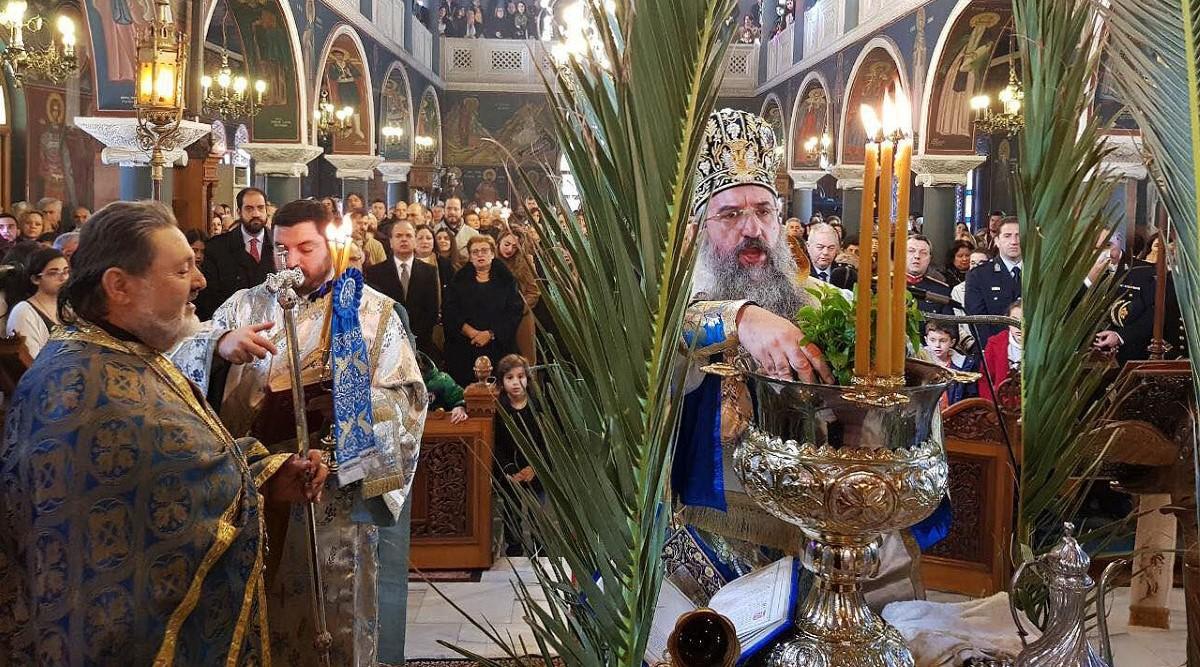
Banishing evil spirits
According to popular belief, between Christmas and Epiphany, evil spirits called kalikandzari come to earth. The little 'demons' cause mischief, but their power ends with Epiphany and the consecration of water. It is believed that after the water and the house are sprinkled with holy water, the Kalikandzaros, who have been bothering people for twelve days, will leave. The practice of exorcising spirits is an important part of the Cypriot holiday.
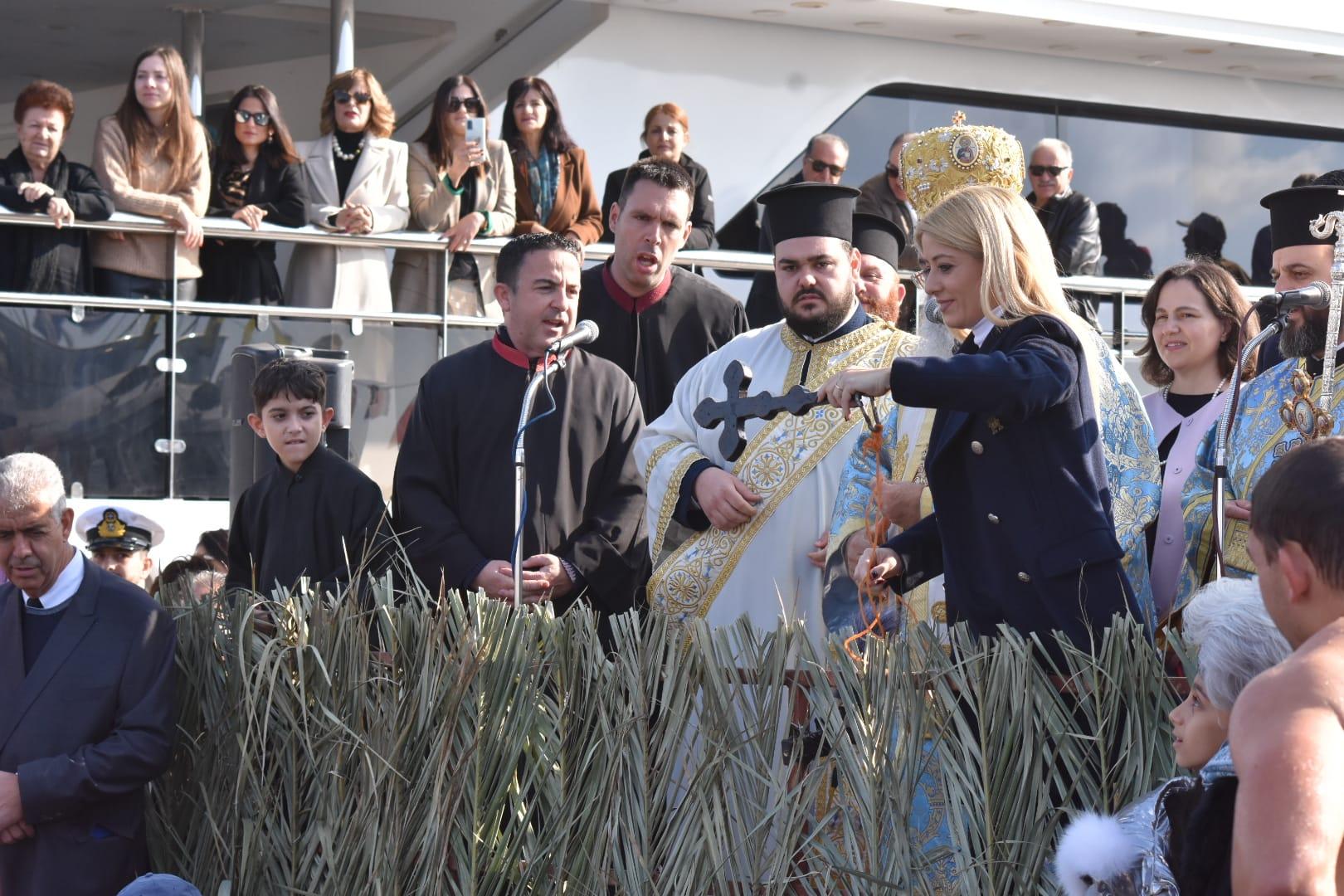
Diving into the water for the cross
The culmination of the holiday is the Diving for the Cross. Traditionally, a solemn liturgy is held in the towns and villages of Cyprus, after which the priests go to the nearest body of water: the sea, rivers or harbours. Traditionally, the cross is thrown into the water and daredevils, often young men, jump into the cold water to retrieve it. It is believed that the first person to retrieve the cross will receive blessings and good luck for the whole year. The ritual symbolises purification and renewal.
In Limassol, the water ritual is usually held in the old harbour and attracts thousands of spectators. In Larnaca, the main venue is the Phinikoudes promenade, where hundreds of people take part in the ceremony. In Paphos, the celebration takes place in the picturesque harbour by the castle. As for Nicosia, although the capital is landlocked, the liturgy is held in temples and the water is consecrated in artificial reservoirs.
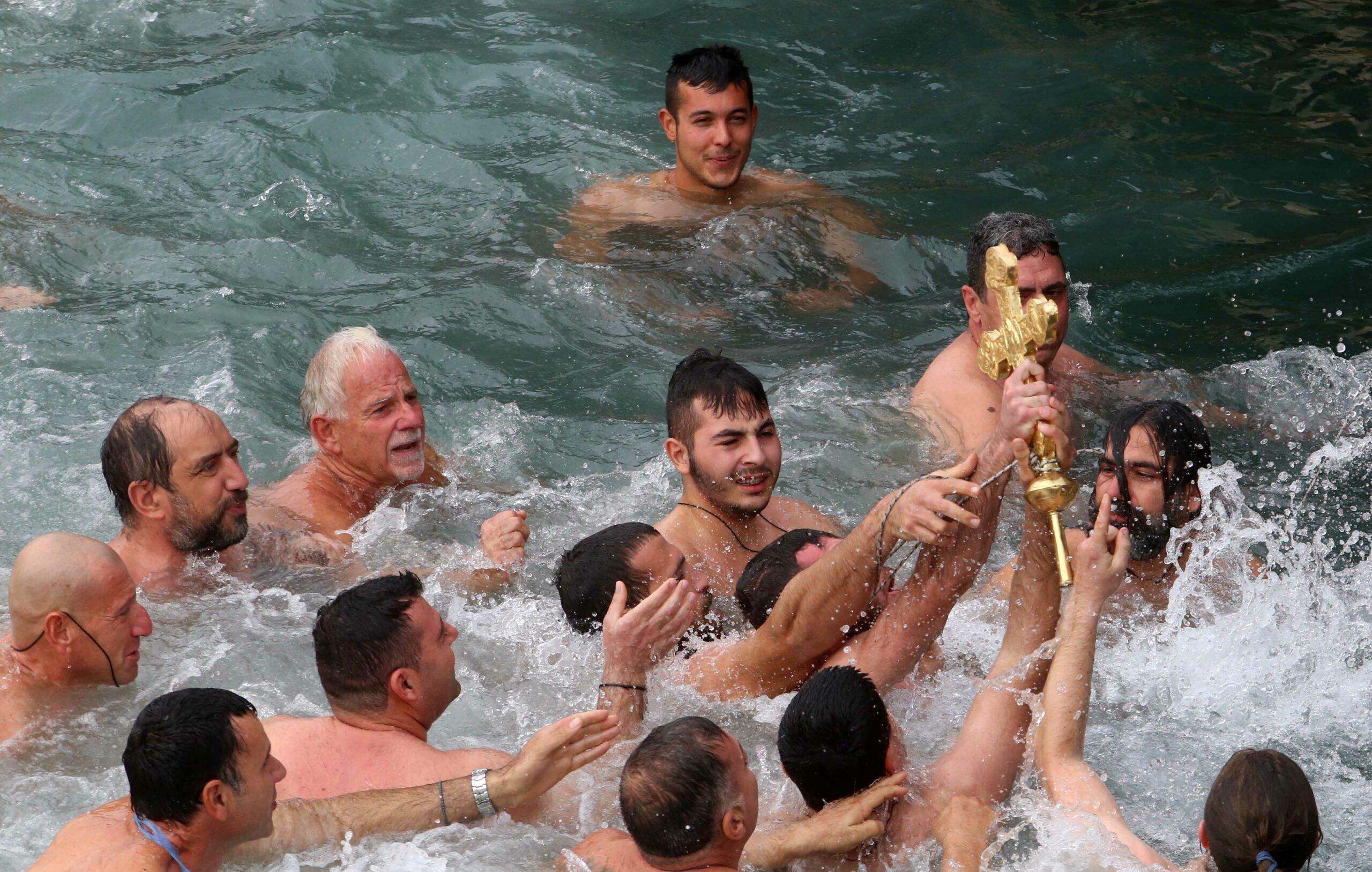
Gastronomic traditions
After church, families gather around the festive table. In Cyprus, it is customary to prepare a variety of dishes and seasonal sweets on this day. Traditionally, housewives fry special doughnuts - loukoumades - in boiling oil, and after the feast they throw pieces of loukaniki and loukoumades on the roof, trying to appease the kalikandzars so that they go away fed and satisfied.
In every Cypriot family, it is customary to welcome the father of Cyprus on the holiday by treating him to local delicacies. Traditional dishes include koulouri (round buns), sweets, drinks and other delicacies. The priest is always accompanied by a candle bearer, who carries a lamp that is used to light candles in the houses. These candles are used in a special ritual: after burning, they are covered with a clay vessel to collect the soot, called 'hollan'. It is carefully collected with cotton wool and stored in a reed container. This soot has many uses: it is smeared on the eyelids as a kind of mascara, used to treat sore eyes, and rubbed on children to protect them from the evil eye.
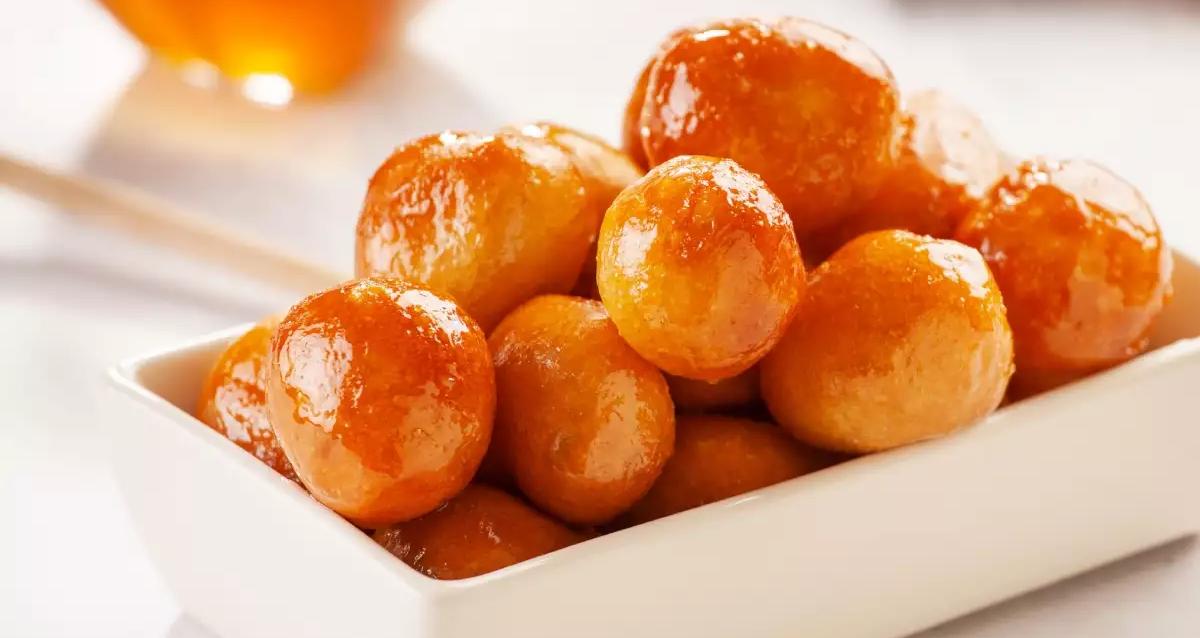
Festivals and dances
After the consecration of the water, many towns and villages hold folk festivals with music, dancing and refreshments. Cypriots see Epiphany not only as a religious event, but also as an opportunity to strengthen community ties. When they meet, they say 'Kalimera oli mera', which means 'May the whole day be good'.
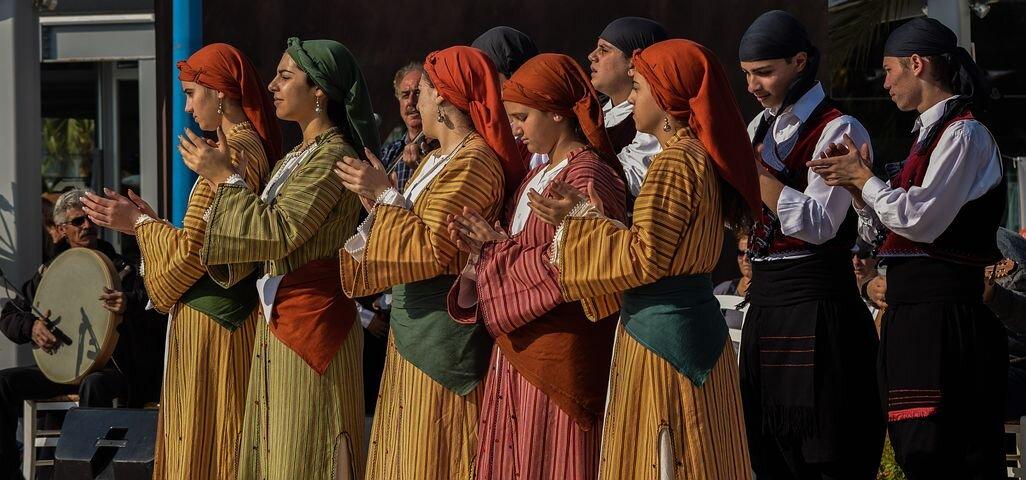
Meaning of the holiday for Cypriots
For Cypriots, Epiphany is not only an opportunity to immerse themselves in spiritual traditions, but also to strengthen ties with family and community. The holiday reflects faith, respect for nature and the desire for purification and renewal. The traditions of Epiphany show how deeply religious and cultural aspects are intertwined in the lives of Cypriots, making it an event full of joy, light and hope for the coming year.
Read also:

